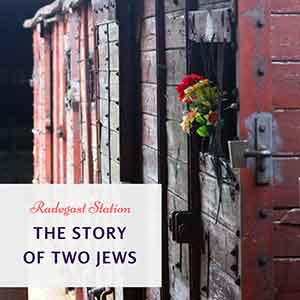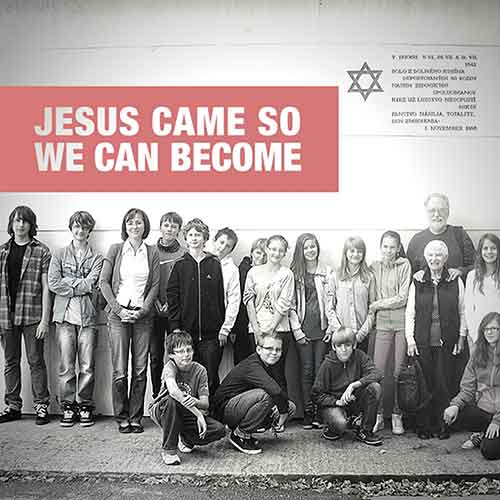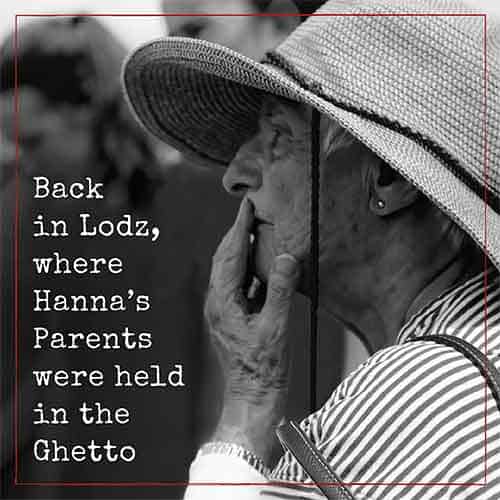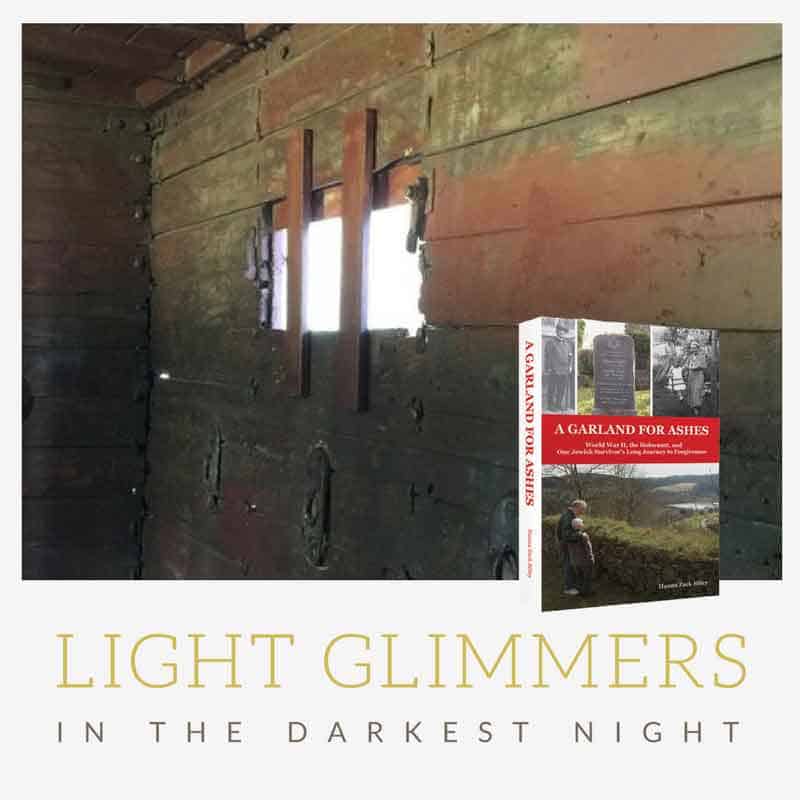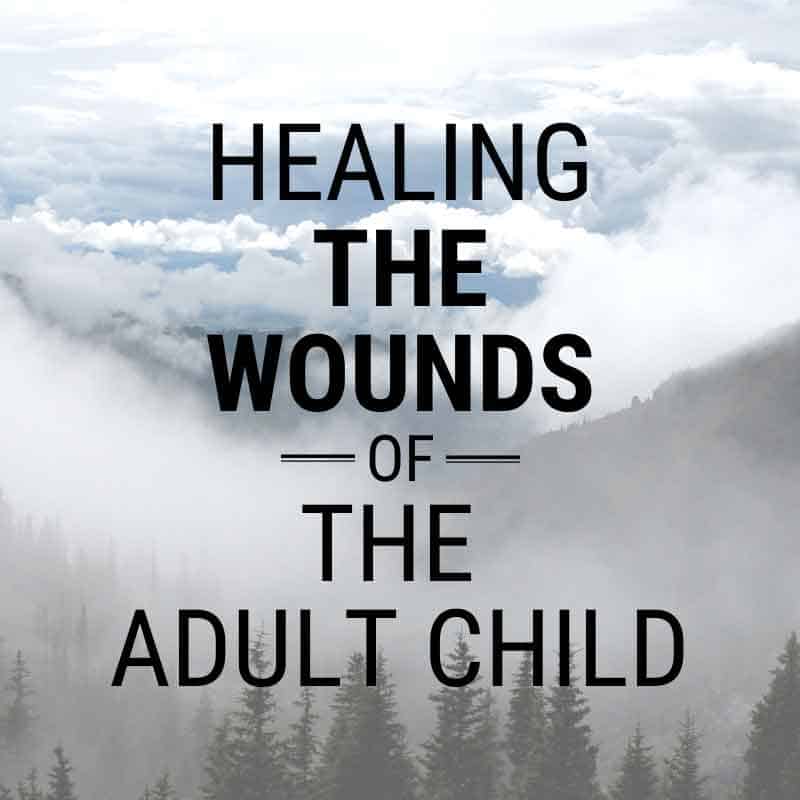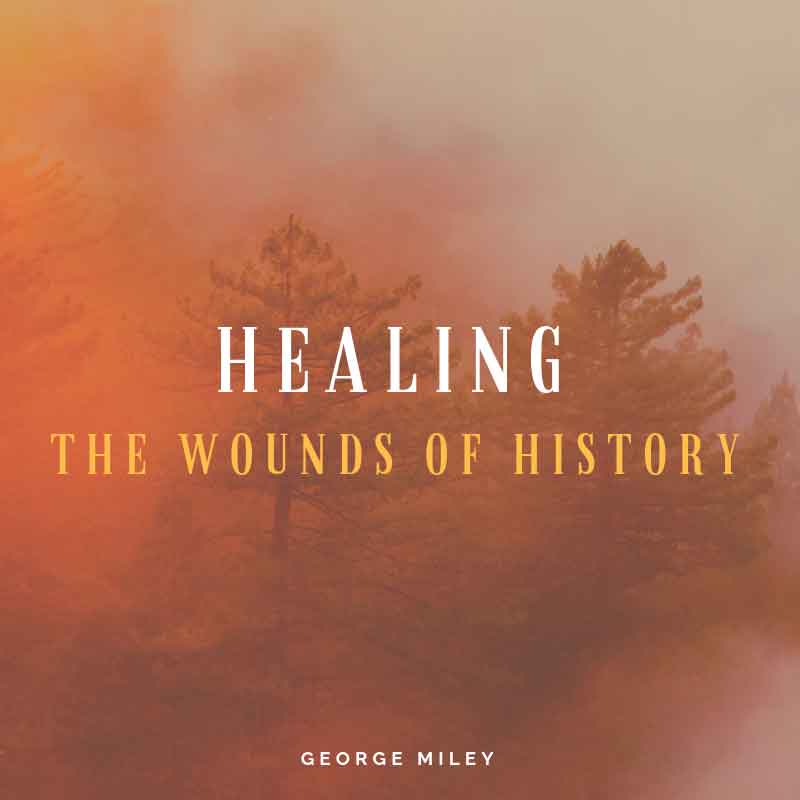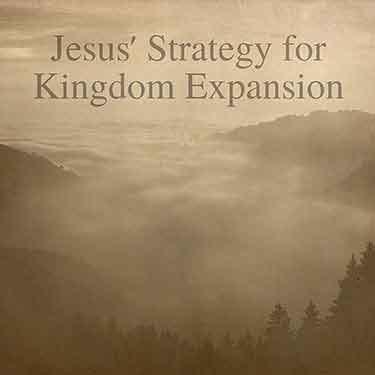Podcast
Select a category or scroll down to start listening and subscribe to “Quellen: Sources For Restoration”
on Spotify, Apple Podcasts, or Google Podcasts.
Apostolic Ministry
Hanna’s Story
Legacy Teachings
Maturing Toward Wholeness In The Inner Life
Wholeness
In The Inner Life
Apostolic Ministry
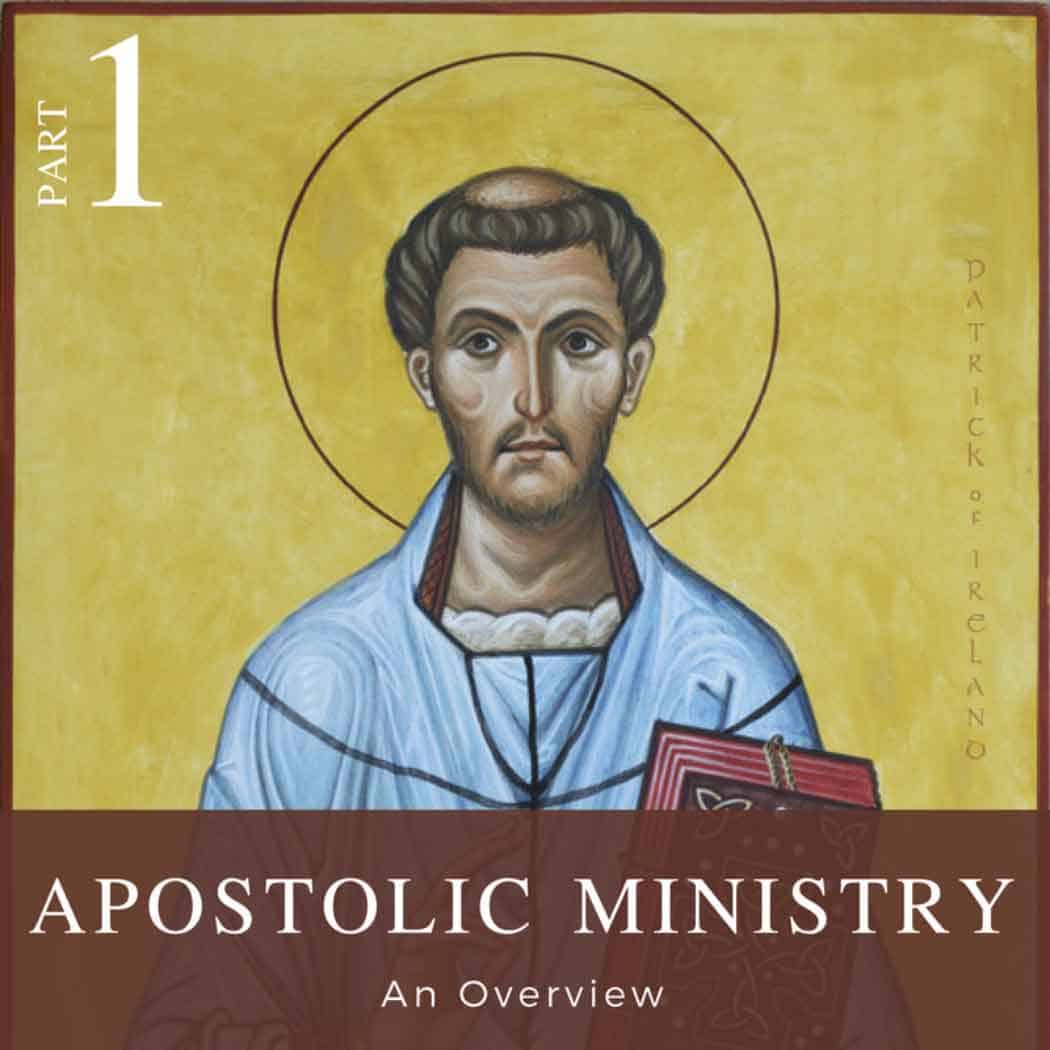
George introduces the subject of Apostolic Ministry to the Antioch Network gathered in Seattle, WA.
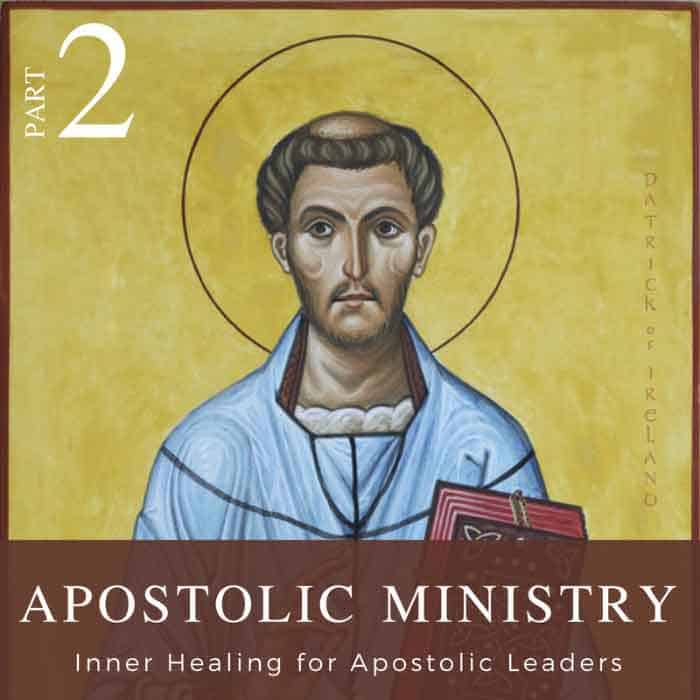
Unhealed places within us will find expression in our behavior. In this we can not only harm ourselves, but also others around us. The consequences are even greater in the case of leaders who have responsibility for others and enjoy wider influence. What are some main areas of wounding within? How can we seek healing from Jesus?
Hanna’s Story
Amalie and Markus Zack, Hanna’s parents, arrived at Radegast Station, Lodz, the beginning of November 1941, and left from there the beginning of May 1942 for their final journey. Today Radegast is a memorial. Hanna shared her story with a group gathered on the Radegast platform.
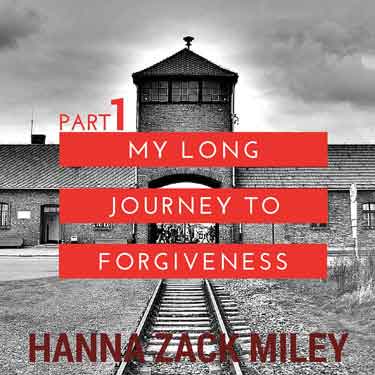
Hanna, a Holocaust survivor, describes her journey and the steps she took to face the harsh truths of the past.
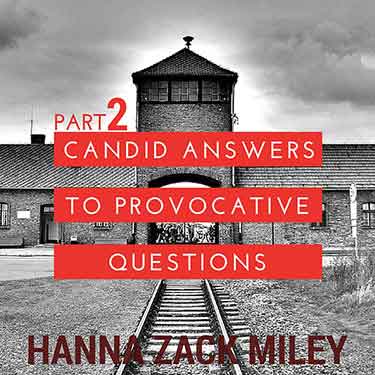
More of Hanna’s past unfolds as Julian poses deep questions about her journey to forgiveness.
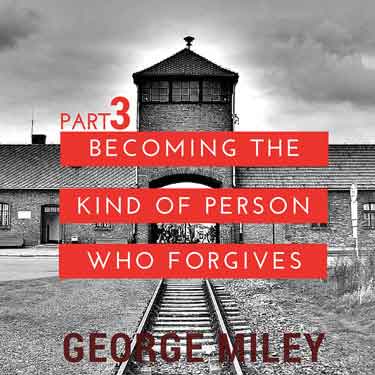
God has made each of us responsible for our own decisions. My enemy is responsible for decisions they made to wrong me. I’m responsible for how I am going to respond.

A Garland for Ashes: World War II, the Holocaust, and One Jewish Survivor’s Long Journey to Forgiveness by Hanna Zack Miley
In 1942, the citizens of Dolny Kubin, Slovakia, rounded up their Jewish neighbors and deported them to the death camp at Auschwitz. In 2012 they came together again, this time to publicly acknowledge the wrongs of the past, to ask for forgiveness, and to honor Israel and the Jewish people. Hanna was invited as a special guest to represent victims of the Holocaust. What power is able to make such events possible? Jesus! He came so that we might become—people increasingly like him on the inside.
Markus and Amalie Zack, Hanna’s parents, were deported from Cologne, Germany, on October 30, 1941, to the ghetto in Lodz, Poland, and ultimately gassed in nearby Chelmno death camp on May 3, 1942. After reading the story in her book A Garland for Ashes (Meine Krone in der Asche in German), the Chemin Neuf Community invited Hanna to Lodz in July 2016 to testify to Christ’s power to heal and transform.
Legacy Teachings
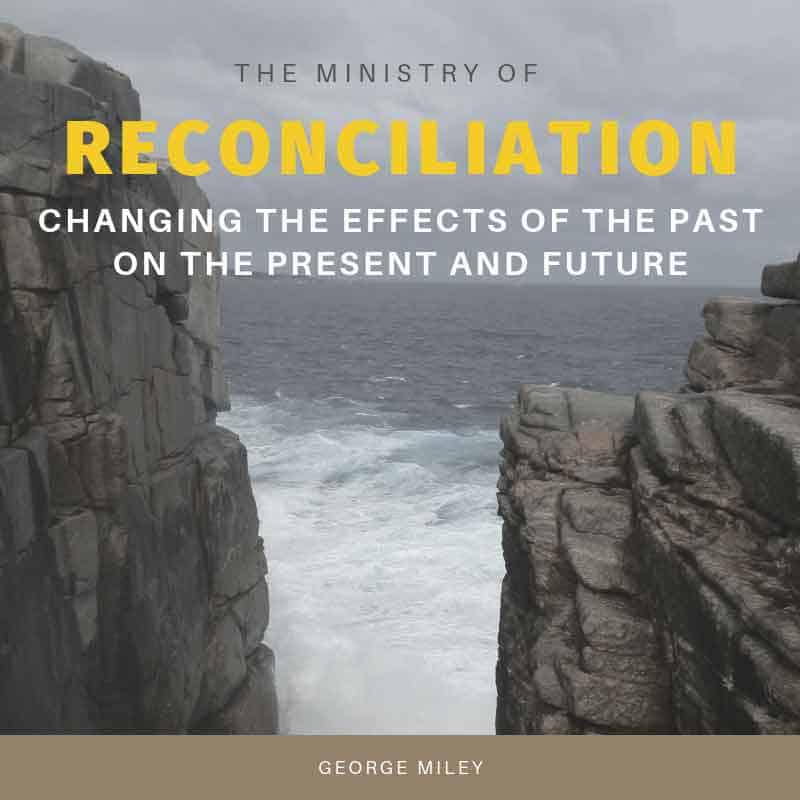
Changing the effects of the past on the present and the future.
How is Christ’s glory revealed upon Gentile Nations (Isaiah 60:2)? One way is by force—at the 2nd coming. But force is not God’s preferred way. The second way is by grace—as God heals wounds caused by sin, imbedded in history, through grace-empowered actions of God’s people. Here are four components of such ways with stories connected with healing wounds of the Holocaust.
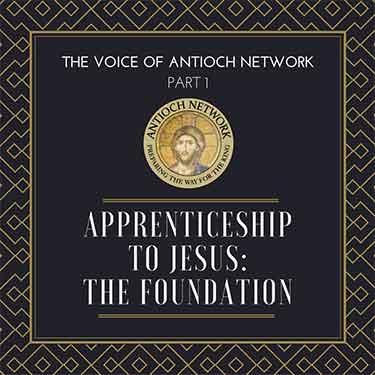
Antioch Network is a fellowship with a prophetic calling. Our “prophetic message” can be broken down into “prophetic messages”. Our collective voice is composed of various components. Each component springs from a common foundation: Discipleship (Apprenticeship) to Jesus–the process by which Christlikeness is formed in the inner life.
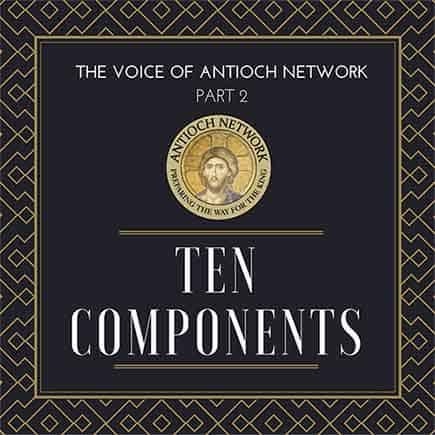
Antioch Network is a work of God. Every work of God is fragile, imperfect, flawed, because it is made up offragile, imperfect, flawed people. But there is also something here that is sacred. We have anapostolic, prophetic calling. We have been entrusted by God with a voice.
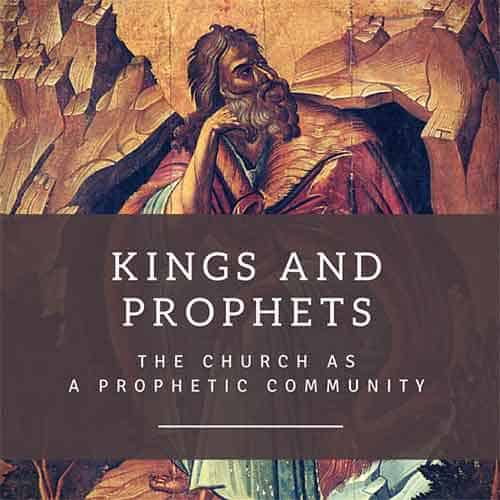
King = Political Power;
Prophet = Authority from God;
What is the God-given role of the Church?
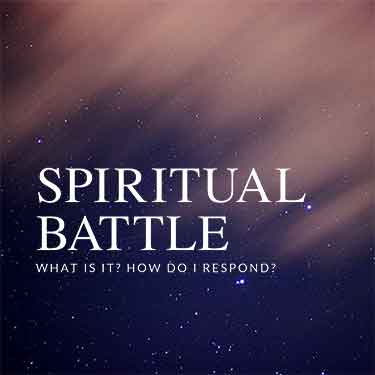
Satan tries to attack God by attacking God’s image bearers—humans. We are responsible to respond to these attacks.
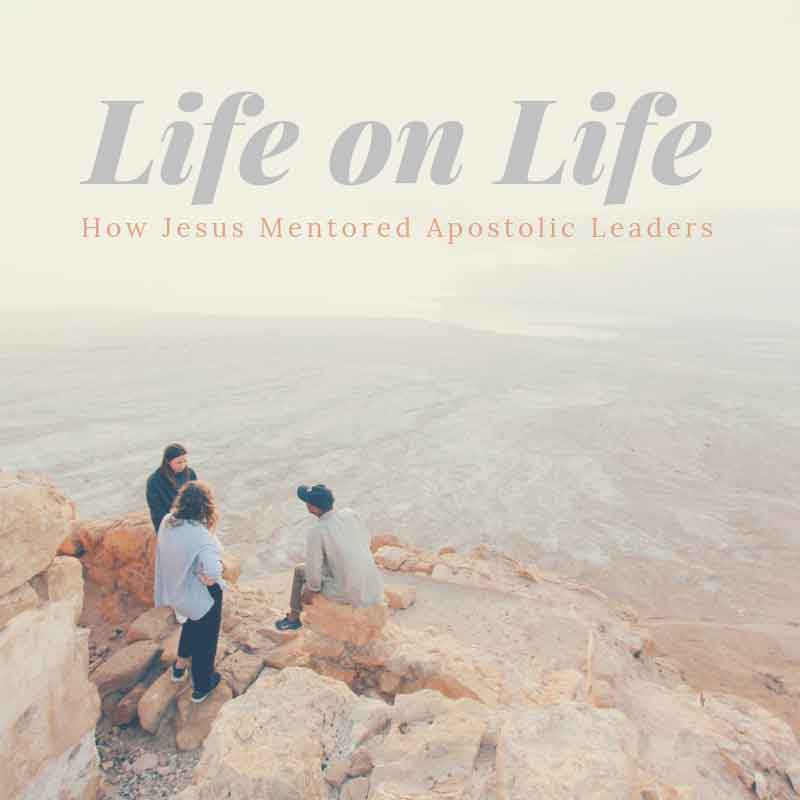
Life on life is how Jesus mentored Apostolic leaders.
Jesus came to make a way for us to enter the Kingdom of God. But once we are in, we must learn how to live there. How does the kingdom work? What are its realities?
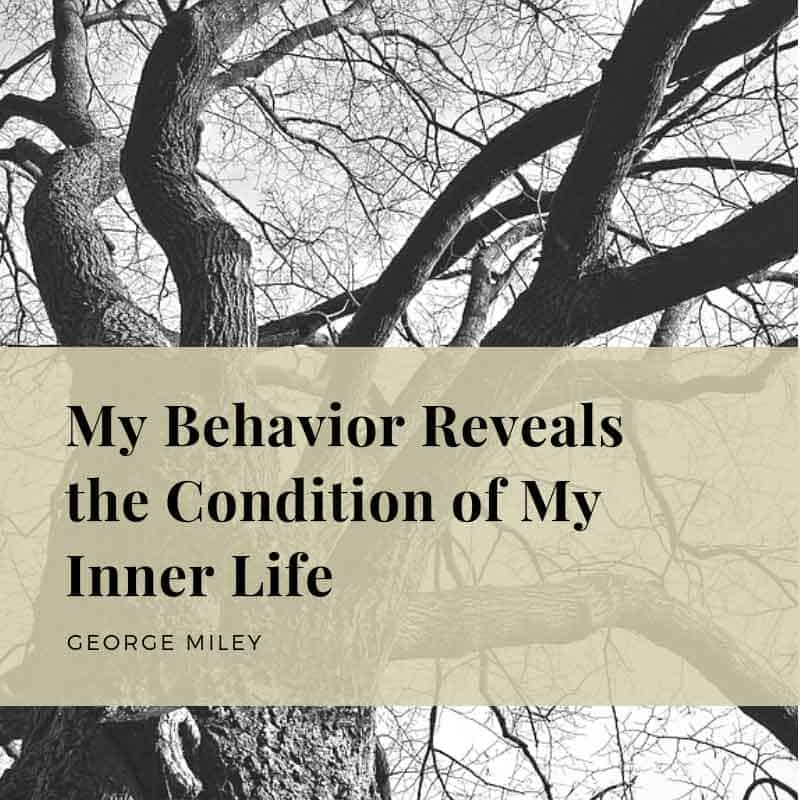
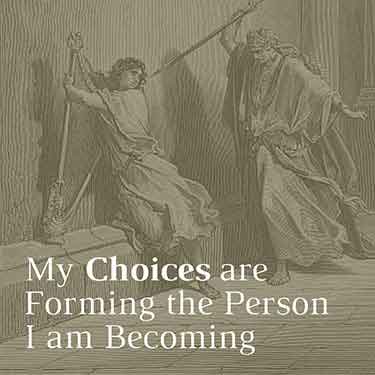
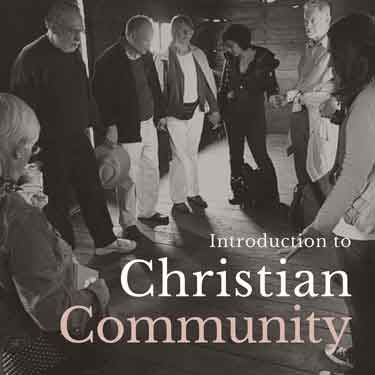
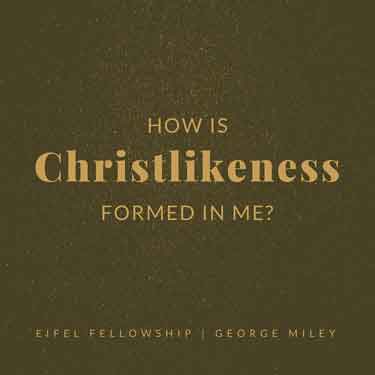
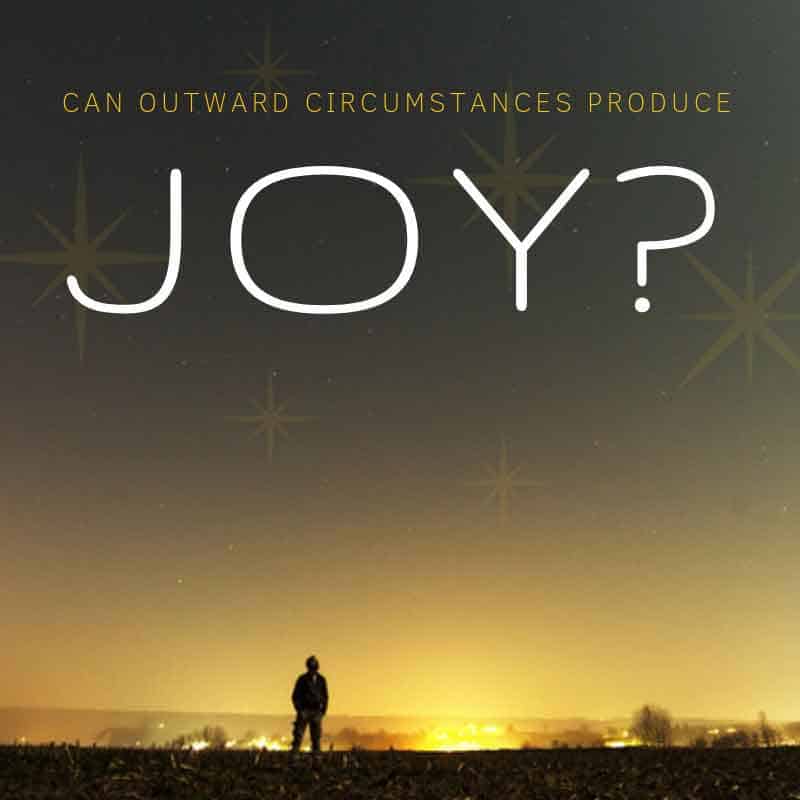
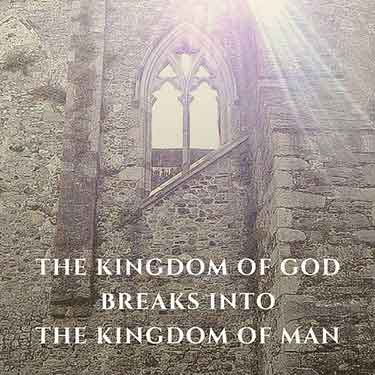
Jesus came bringing new information, information critical to human life, information no one else had brought. The new information was about the Kingdom of God. How does one enter? How does one live there?
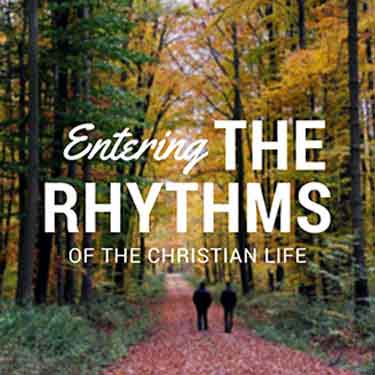
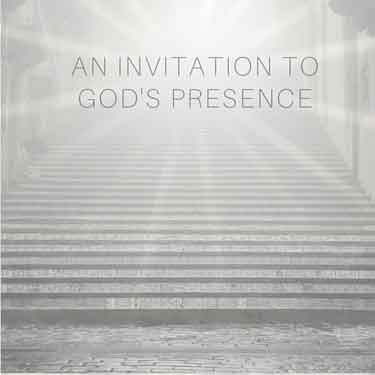
The Presence of God is what every human being is seeking for, longing for, although most of us don’t know it.
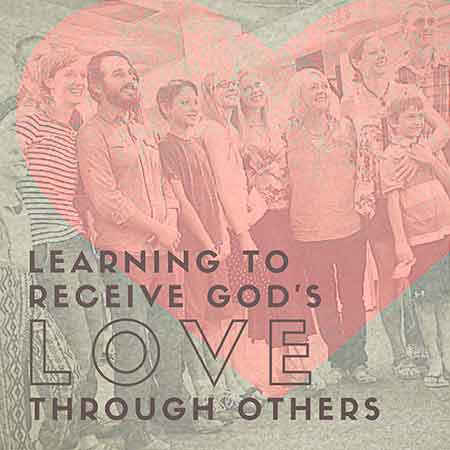
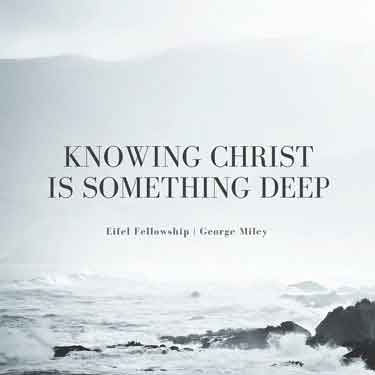
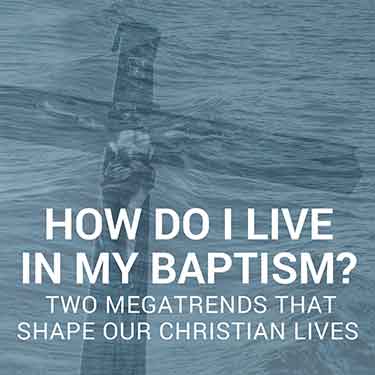
Baptism provides the foundation for the rest of our Christian life. The victorious Christian life is living in our baptism.

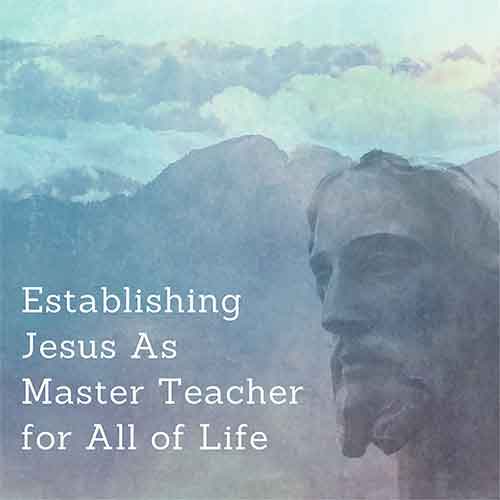
Maturing Toward Wholeness In The Inner Life
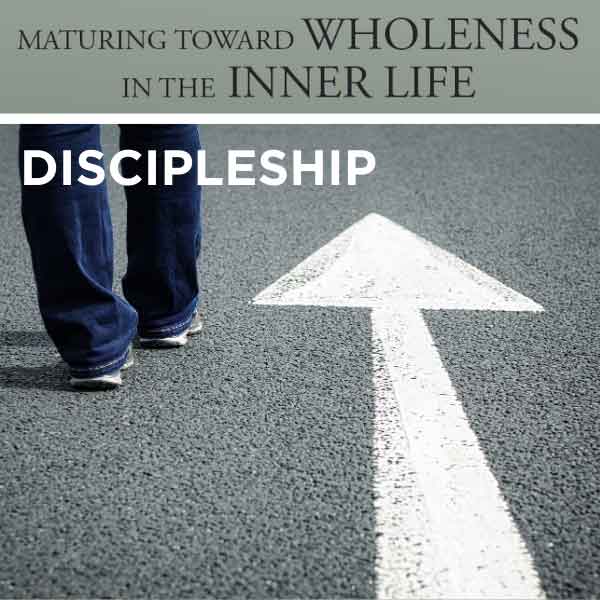

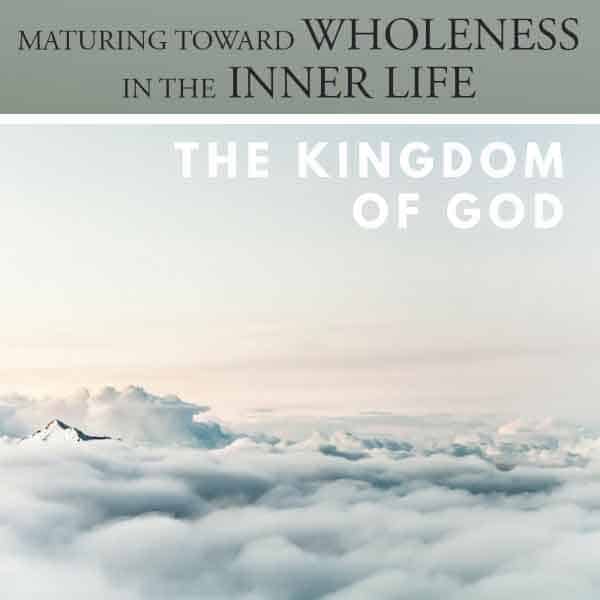
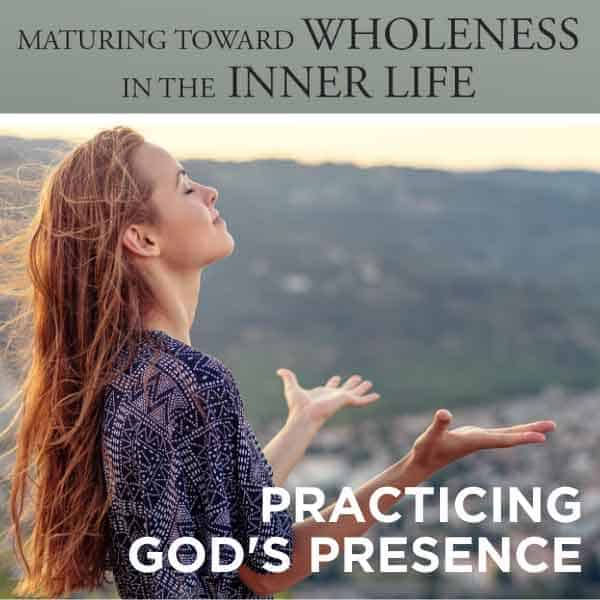
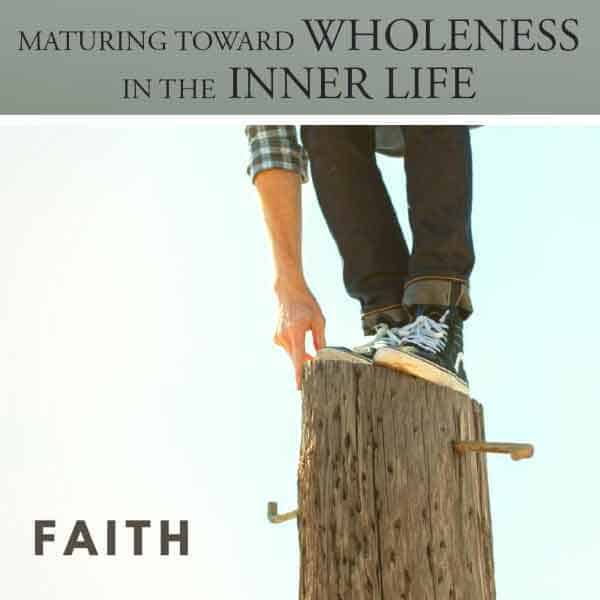
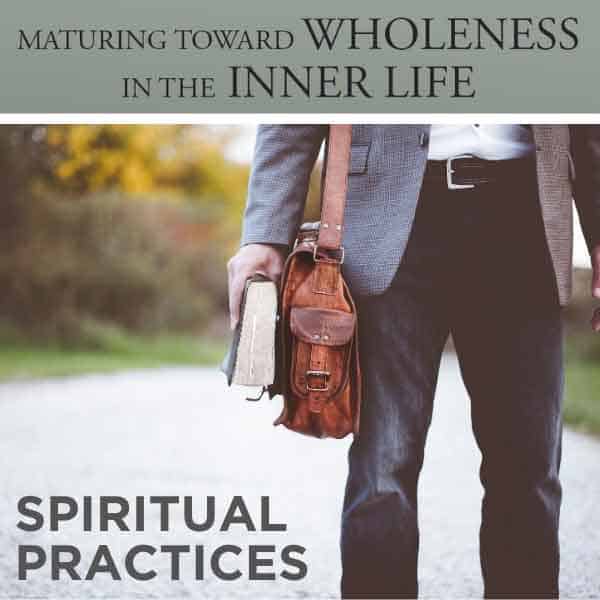

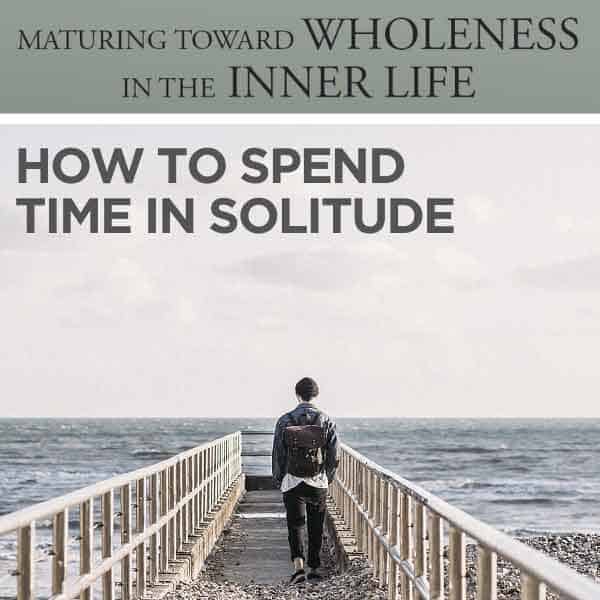
As I enter more deeply into rest, I become more aware of the condition of my soul. Practice expands my ability to go deeper into silence.
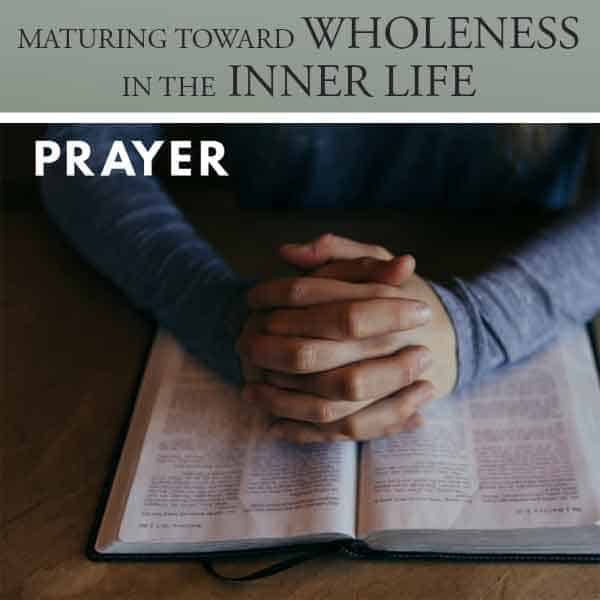
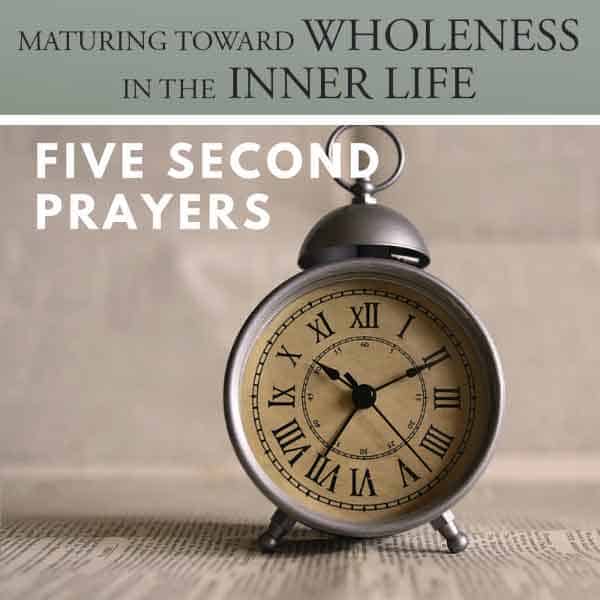
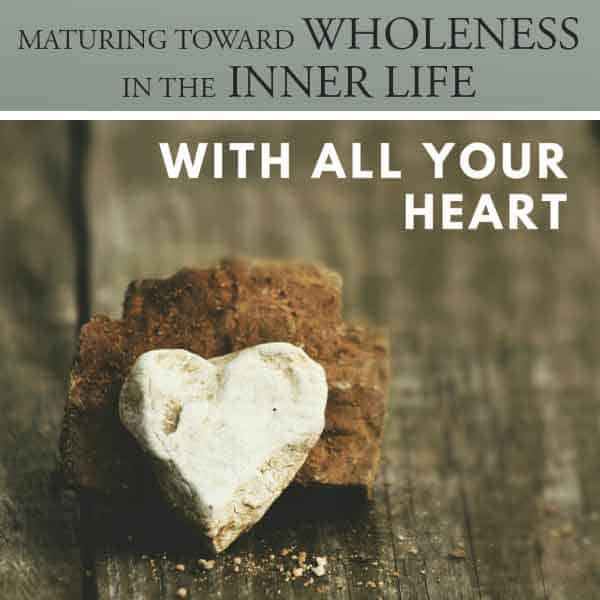

A soul not centered in God becomes fragmented. It can’t find its way home. One’s inner being trends toward chaos and harmful behavior. A soul centered in God comes to rest. It has returned home. One’s inner being, in spite of what is going on around, finds order and peace.

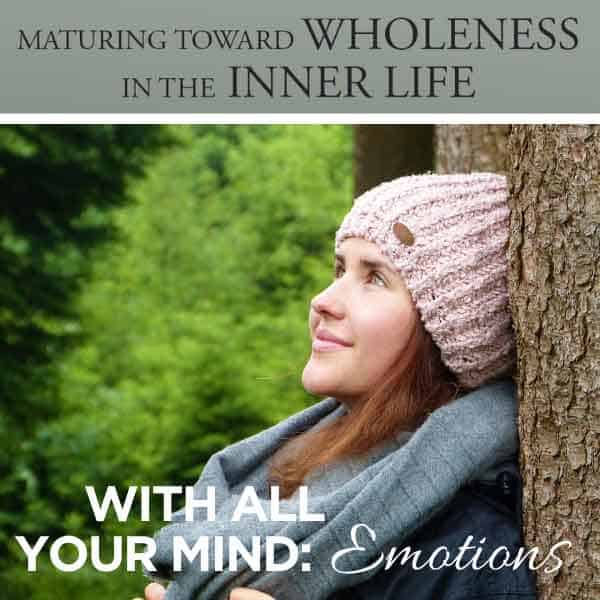
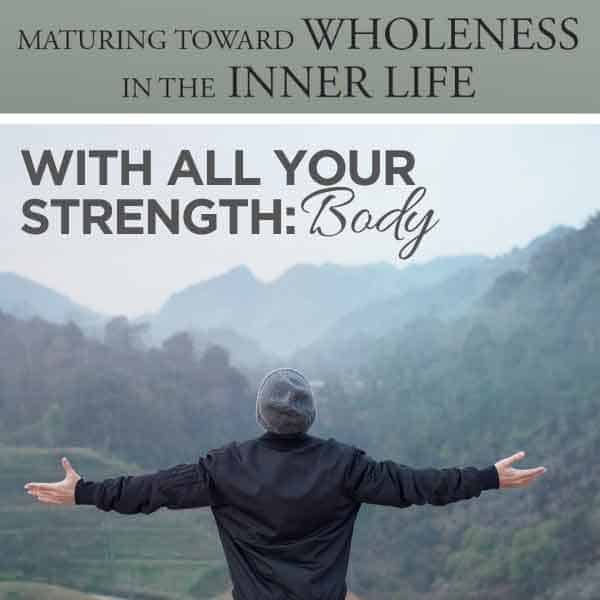
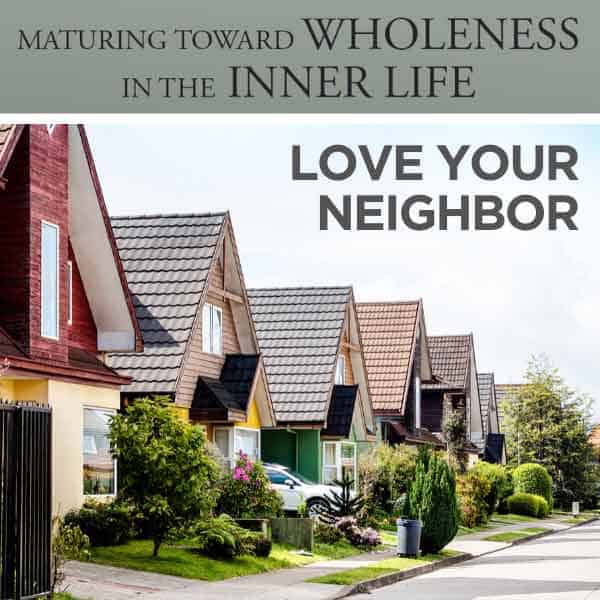
My need to be loved is so great that, initially, my capacity to love others is quite limited. Where did this neediness come from? I turned away from the all-competent Lover. God never stopped loving me; I stopped loving him. My need to be loved can only be met as I learn to live increasingly in God’s Presence. Being with him, I experience his love. His love heals me. It begins to form a reservoir of love within me that I can pass on to my neighbor.

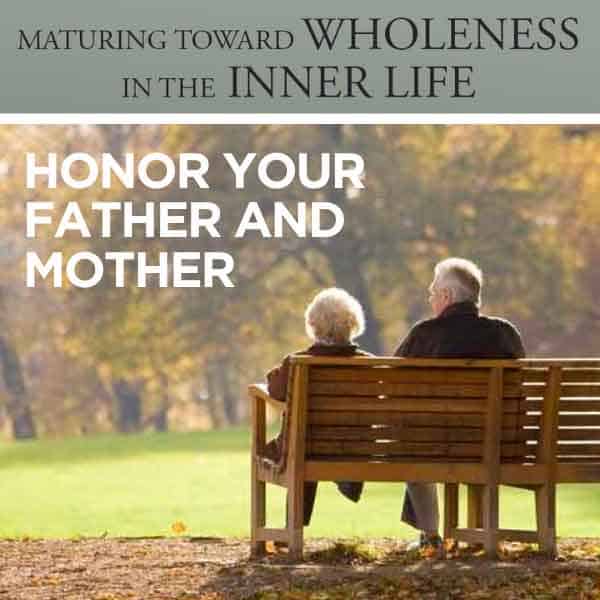
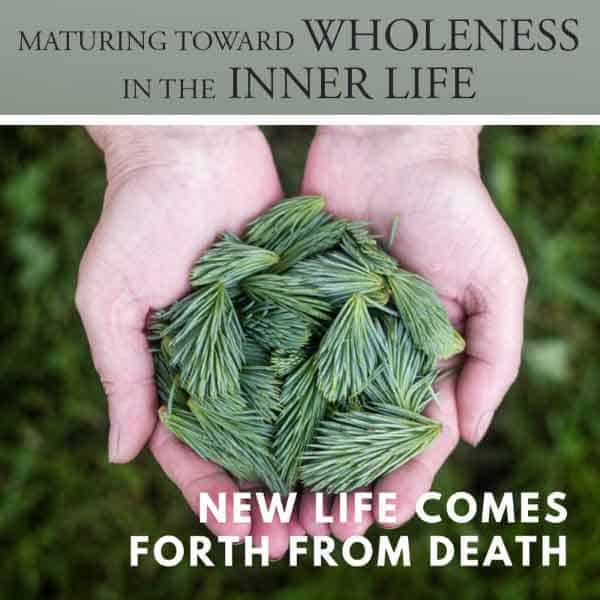
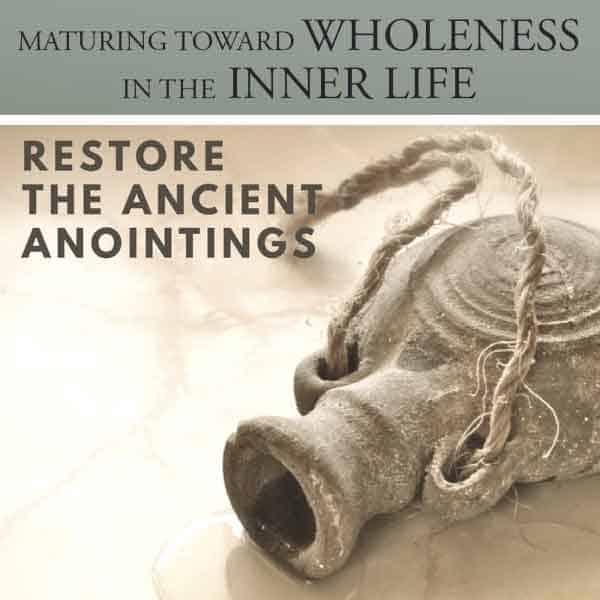
In our present darkness, how great is the need for godly leaders and ministers formed by Christlikeness in the inner life. The answer to our cry will not be something new. Inspiration and instruction come down to us throughout the millennia of Judeo-Christian history in the lives of our spiritual fathers and mothers.
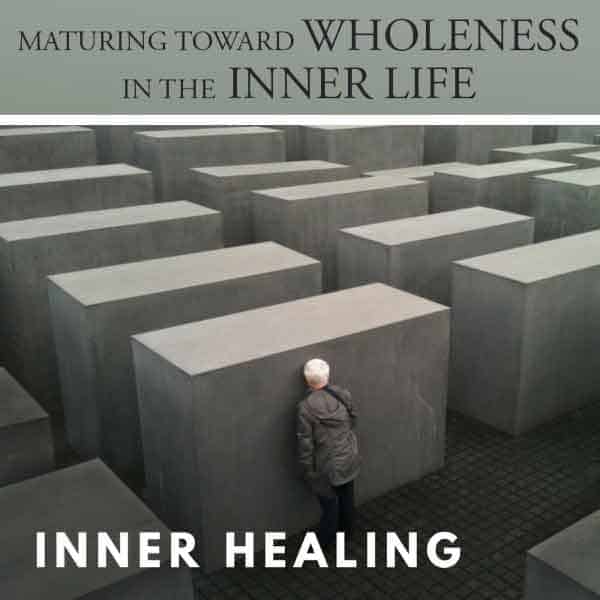
At some point, living as Christ’s disciple, I am likely to become aware of wounded areas within that are hindering or blocking my maturing. Craziness began when I turned from God and went my own way. Sanity is gradually returning as I rely on Jesus to teach me how life works.
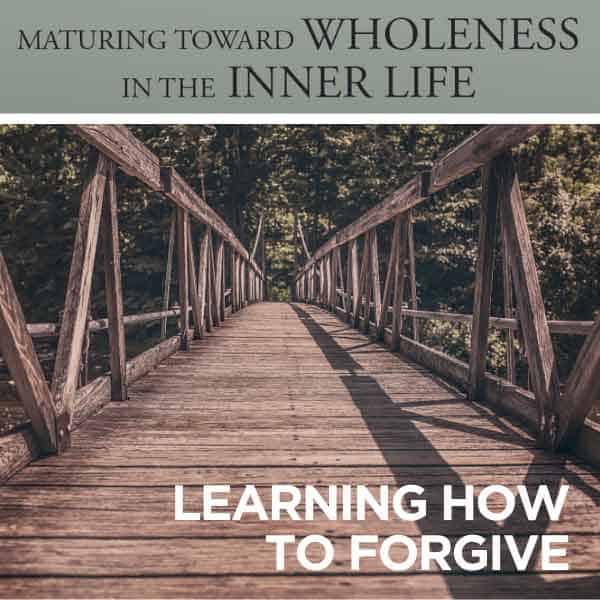
Forgiving my enemy can be hard, especially if I misunderstand what forgiveness is. Forgiveness never denies or minimizes the wrong. It is a way of responding to the wrong. It acknowledges God as Judge and leads to my healing. It changes the effects of the past on the present. Jesus teaches me how. He is just the kind of person who forgives.
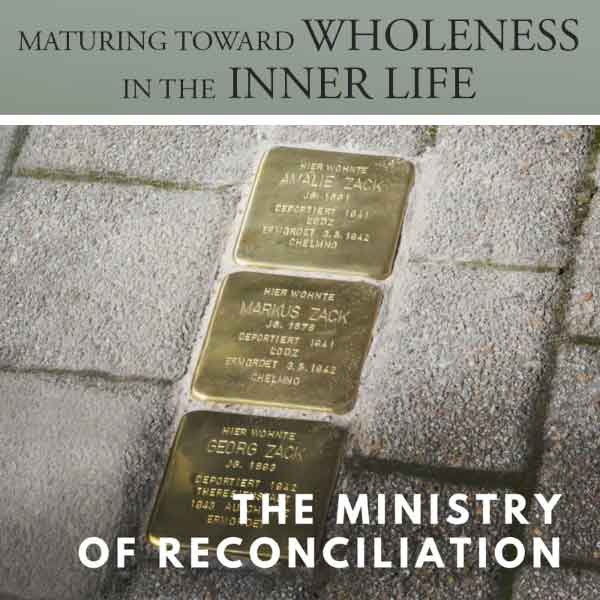
God reconciles people who have been separated relationally. This is just the kind of person God is. As we mature toward Christlikeness, we also become agents of reconciliation. This is just the kind of persons we are becoming. But what does the process of reconciliation look like? Are there specific steps?
